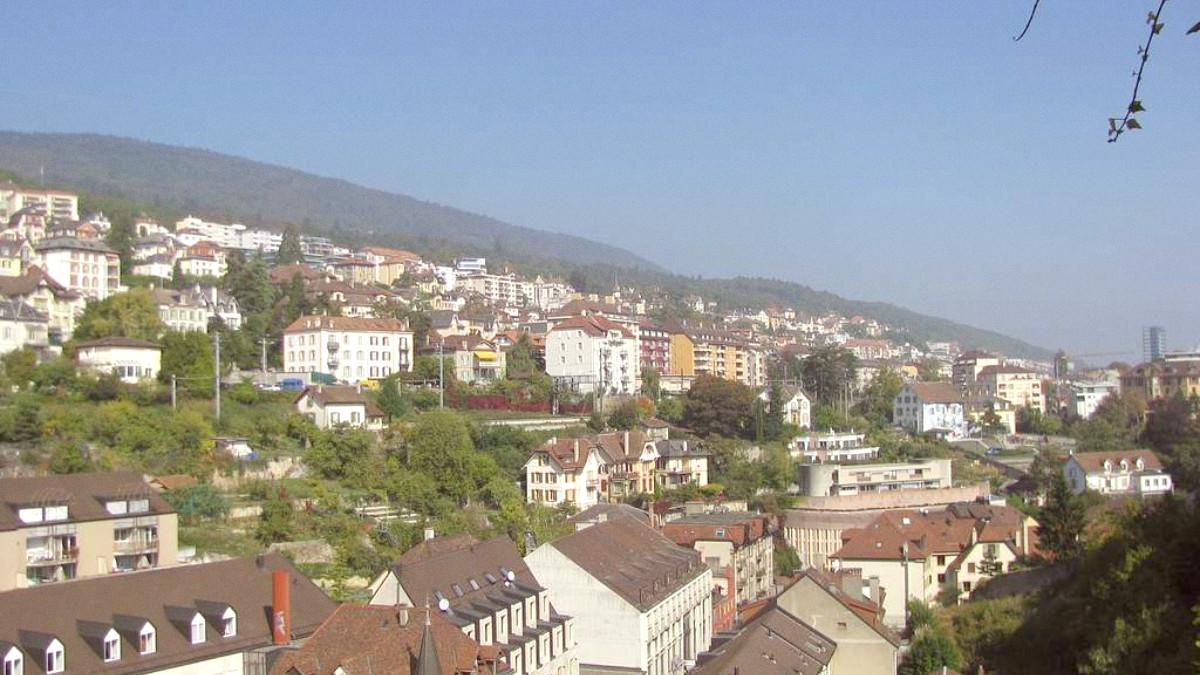
Fribourg Neuchatel And The Jura, Switzerland
The Jura Mountains surrounding Neuchâtel form part of regional nature parks, highlighting efforts to conserve their landscapes and biodiversity. Lake Neuchâtel itself serves as an ecosystem.
Switzerland maintains excellent waste management and high recycling rates. Recycling bins are common for paper, glass, PET bottles, and aluminum. Waste is sorted into "normal" waste and recyclables.
When booking flights or long-distance trains, options to offset carbon emissions may be available from airlines or rail companies. Prioritize public transport, especially trains and buses, over car travel.
Seek hotels with sustainability certifications. These certifications, like Swisstainable or Green Globe, signal a commitment to environmental practices. Choose tour operators that highlight responsible tourism practices.
From transport to purchases, mindful choices amplify positive environmental outcomes.
Engaging with local culture respectfully creates memorable experiences.
Neuchâtel's Old Town bears witness to ongoing cultural preservation efforts, maintaining its historic architecture and character. The watchmaking towns of La Chaux-de-Fonds and Le Locle are UNESCO World Heritage sites.
Politeness and punctuality are valued in Swiss society. Being mindful of noise levels, especially in residential areas, notably on Sundays, matters.
Showing consideration for local customs and privacy enriches your experience and fosters positive interactions with residents.
Your travel choices contribute to the local economy and community well-being.
Direct community-based tourism initiatives are less common in Switzerland than in some developing countries. However, supporting local businesses achieves a similar purpose. Choosing locally-owned hotels, restaurants, and shops directly benefits residents.
Look for products with fair trade labels. This signals that producers receive fair compensation. Choose souvenirs that are genuinely local and support local artisans rather than mass-produced imports.
Directly engaging with local businesses multiplies your positive economic footprint.
Explore independent restaurants, brasseries, and family-run eateries for authentic culinary experiences. This keeps funds circulating within the community.
Purchase fresh bread, pastries, and regional meats directly from local bakeries and butcher shops. Seek out specialty stores for unique products.
Employ local guides for city tours or specialized excursions. This supports local employment and offers authentic, insider perspectives on the region.